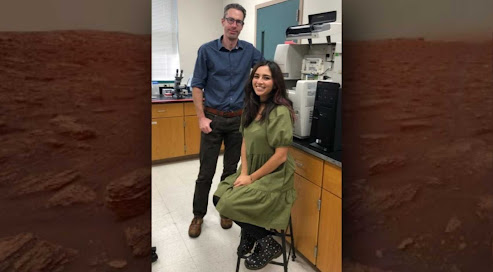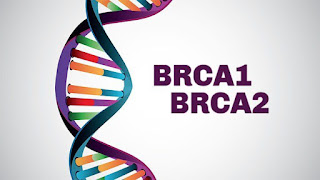Northwestern University scientist have discovered families of proteins in the body that could potentially predict which patients may reject a new organ transplant, helping inform decisions about care.
The advancement marks the beginning of a new era for more precise study of proteins in specific cells.
Scientists tend to look at shifting patterns of proteins as if through goggles underwater, taking in just a fraction of available information about their unique structures. But in a new study in the journal Science, scientists took a magnifying glass to these same structures and created a clarified map of protein families. They then held the map up in front of liver transplant recipients and found new indicators in immune cell proteins that changed with rejection. The study is available online and will be published tomorrow (Jan. 28).
The result, the Blood Proteoform Atlas (BPA), outlines more than 56,000 exact protein molecules (called proteoforms) as they appear in 21 different cell types — almost 10 times more of these structures than appeared in similar previous studies.


















.jpg)